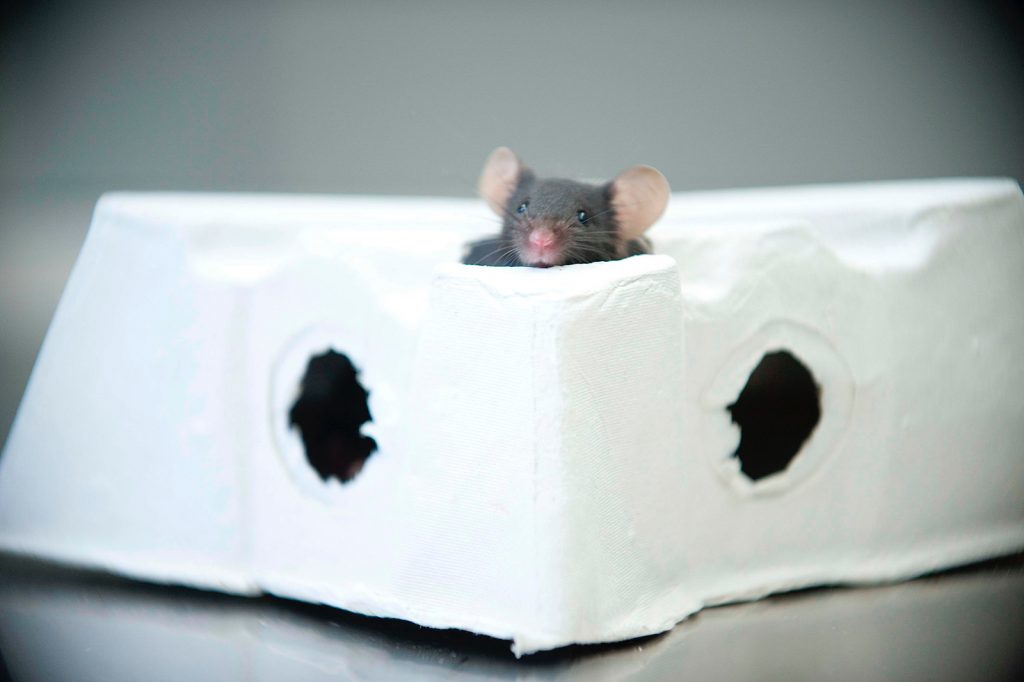SERF2 – a New Player Contributing to Amyloid Pathology in the Brain?
Alzheimer disease is the most common form of dementia and may contribute to 60–70% of cases. In age-related neurodegenerative diseases, like Alzheimer’s and Parkinson’s, disease-specific proteins become aggregation prone and form amyloid-like deposits.
In this international study a team of researchers led by the European Research Institute for the Biology of Ageing, University of Groningen in collaboration with the German Mouse Clinic, provided evidence of a single endogenous factor, separate from Aβ and its production pathway, contributing to a structural shift of amyloid pathology in a mammalian system.
The scientists used the established APPPS1-21 Alzheimer´s disease mouse model mimicking the human Aβ-pathology in the mouse brain to investigate whether the removal of SERF2 modifies the aggregation of amyloidogenic proteins in the complex environment of the mammalian brain. Interestingly, full body deletion of Serf2 results in delayed embryonic development, causing premature birth and perinatal lethality. Brain-specific Serf2 knockout mice were viable and showed no major behavioral or cognitive abnormalities. The specific depletion of SERF2 in the brains of the Alzheimer’s disease mouse model altered the binding of structure-specific amyloid dyes, that were previously used to distinguish amyloid polymorphisms in the human brain.
The results pointed to pleiotropic functions of SERF2 in embryonic development of mice and in the mouse brain and support edthe existence of modifying factors of amyloid deposition in mammalian brain, which offer possibilities for polymorphism-based interventions.
Original publication:
Stroo E, Janssen L, Sin O, Hogewerf W, Koster M, Harkema L, Youssef SA, Beschorner N, Wolters AH, Bakker B, Becker L, Garrett L, Marschall S, Hoelter SM, Wurst W, Fuchs H, Gailus-Durner V, Hrabe de Angelis M, Thathiah A, Foijer F, van de Sluis B, van Deursen J, Jucker M, de Bruin A, Nollen EA. Deletion of SERF2 in mice delays embryonic development and alters amyloid deposit structure in the brain. Life Sci Alliance. 2023 May 2;6(7):e202201730. doi: 10.26508/lsa.202201730. PMID: 37130781; PMCID: PMC10155860.
